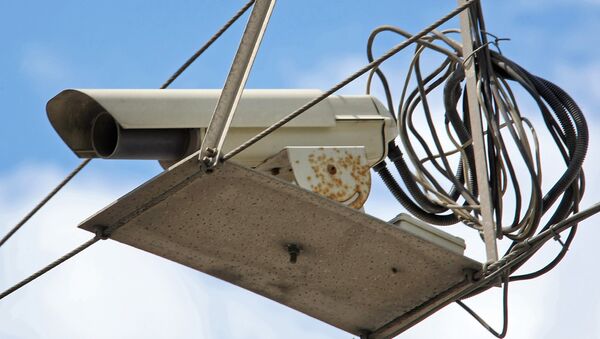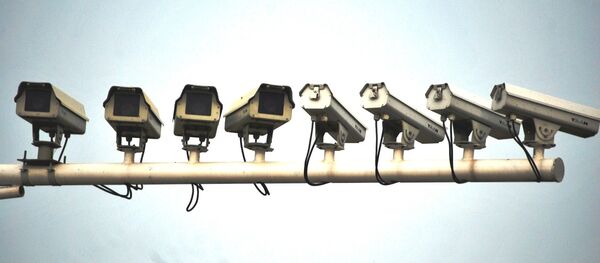Under EU legislation such as the Consolidated EU and National Arms Export Licensing Criteria, the United Kingdom is required to consider the potential use of military or dual-use equipment prior to permitting sales to take place. The GJN maintains that the UK is currently exporting a plethora of surveillance-related technology including specialist "intrusion software" and communications monitoring equipment that could potentially be used to crack down on dissent.
The export rules, for instance, stipulate several criteria which should be met to issue relevant export licenses, including holding the "respect for human rights and fundamental freedoms in the country of final destination" as a binding requirement.
The United Kingdom, meanwhile, supplies the equipment in question to the countries with "established record of major violations of international human rights," the campaign group maintains, citing Saudi Arabia, Bahrain and Honduras as examples.
"The arms sector has always had an incredibly strong hold over the British government, so I think what we are seeing here is that the UK is desperate to expand into other economic areas, which we've got no problem with, but why on earth would you do that in a way where this equipment can be used by dictatorial regimes to crack down on dissent in their own countries? … And I don't see how under (EU) guidelines you could justify doing that," Dearden argued.
The campaigner also opined that the United Kingdom at times was ready to overlook its legal obligations for the sake of long-standing political ties with some countries, citing London's sales of military equipment to Saudi Arabia, involved in the deadly airstrikes on Yemen.



